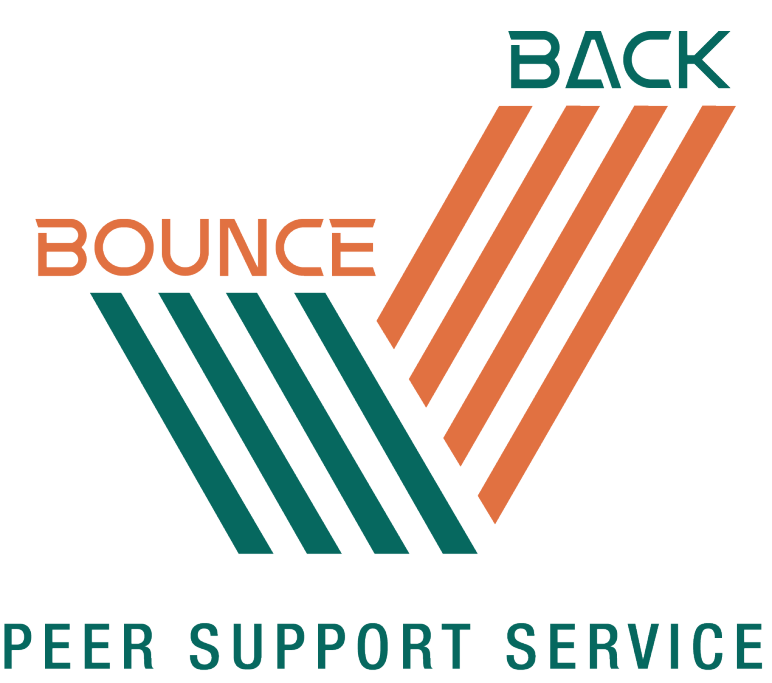Think of relapse as a stepping stone. Instead of viewing your slip as a step backward, think of it as a progression on your road to recovery. I’ve been dealing with self-harm since I was 13. For me personally, I see self-harm as an addiction – a quick fix. An easy way to snap out of a “neutral,” unknown void-like feeling and focus on something real. A solution for when I’m so angry and can’t scream and shout, but can subject myself to pain as a distraction.
How to Navigate It as an Employee Struggling to Stay Afloat

Prepare yourself for a difficult conversation; admitting you slipped up will be difficult and humbling. If you can’t bring yourself to meet in person, make a phone call or send an email or text. The important part is to reestablish contact and let them know you’re struggling. This step may be particularly tough, especially if you’ve hurt your friends and family members with your addiction in the past. But support from https://uv.mohs.gov.mn/2023/12/07/is-there-a-connection-between-narcissism-and/ the most important people in your life is critically important if you want to recover for good.
Understanding Self-Harm and Relapse

Not rules, just things that seem to help. Relapse can feel like falling through a trapdoor you didn’t know was there. One minute you’re doing fine, maybe even better than fine, and then suddenly, you’re not. It’s gone, and now you’re sitting in the aftermath, trying to make sense of it. i relapsed now what When we view relapse as “the end,” we often stay stuck in it longer than we need to.
Reach Out to Your Support System or Go to a Meeting
“Just one drink.” It can’t hurt, you tell yourself. That’s the last thing you remember when you wake up in the hospital the next morning. I thought I was, as much as a person could be.
Therapist and author Lisa Ferentz discusses this challenging part of treatment and offers a realistic and proactive process that helps patients prevent a relapse before it begins. Since I’ve been struggling with this recently in my own life, I’ve laid out seven strategies to get unstuck … to recover from a relapse. Maybe you had hoped you’d never go there. Or maybe you stay awake fearing you will. You don’t have to stay there for long. Bouncing back after a setback is all about celebrating your progress rather than aiming for perfection.
- It doesn’t mean you haven’t made progress or challenged yourself.
- I will not discredit the progress I have made.
- Addiction is a complex and challenging condition to manage.
- Reminding yourself that although you may have taken a few steps back, you have miles ahead of you still.
- Many young people start to struggle with self-harming behavior during their teenage years.
- Don’t hesitate to reach out to us; let’s work together towards healing and a happier, healthier you.
- In fact, many people have multiple setbacks before finally achieving a full recovery.
- I was so relieved the other day when my psychiatrist told me to put the self-help books away.
When you approach loved ones, do so honestly and make sure you intend to go through with whatever you promise to do. Being able to just simply sit with my feelings of worthlessness or shame while resisting the urge to self-harm is the thing I am most proud of. “Many people who engage in self-harm and addiction behaviors are dissociative,” Ferentz says. “Drinking, getting high, bingeing, all have elements of dissociation.” They trade one behavior in which to zone out for another, what is alcoholism Ferentz says.
